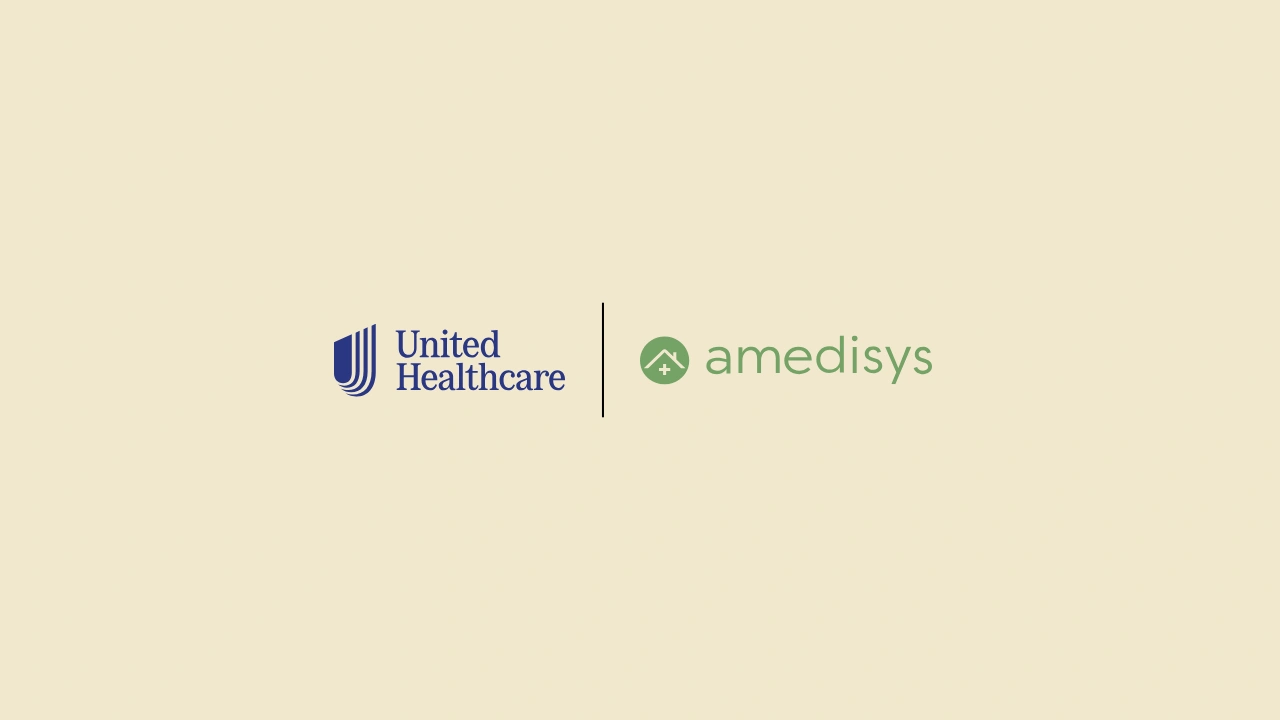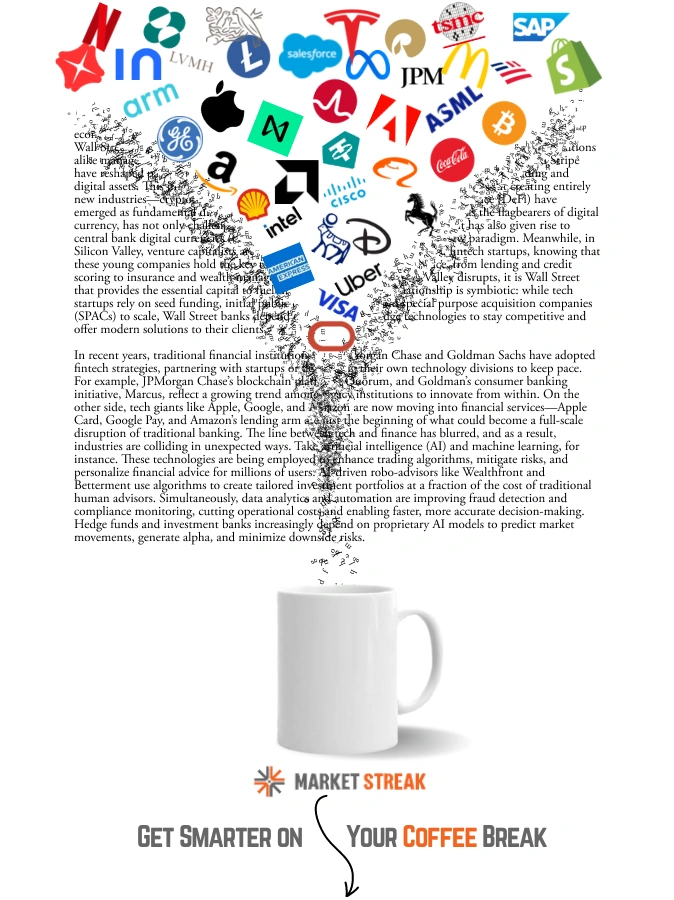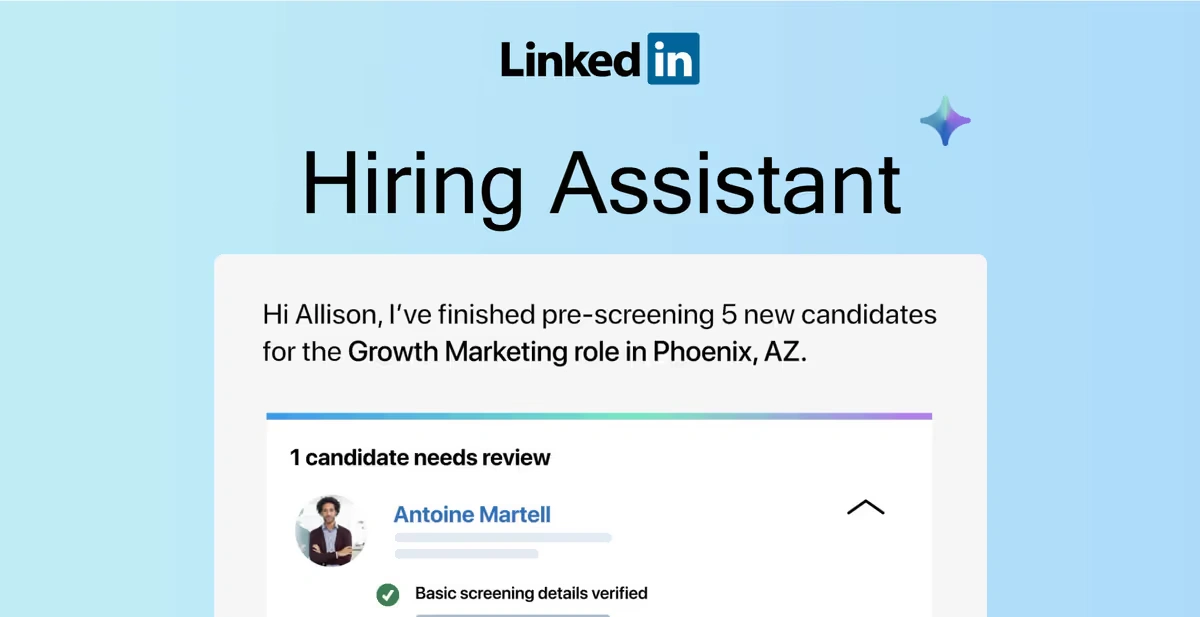UnitedHealth
Amedisys
Antitrust
DOJ

UnitedHealth
Amedisys
Antitrust
DOJ
The future of a $3.3 billion merger between healthcare giants UnitedHealth Group Inc. and Amedisys Inc. hangs precariously in the balance as the companies prepare for a critical meeting with the Department of Justice (DOJ). This high-stakes encounter, described by sources as a "last-rites" meeting, is scheduled for early next week and will involve top DOJ officials, including Assistant Attorney General for Antitrust, Jonathan Kanter. The meeting marks the culmination of over a year of intense scrutiny by the DOJ, which has expressed serious concerns about the potential impact of the merger on the pricing of home health services.
The DOJ's investigation, launched in August 2023, has focused on the potential for anti-competitive behavior resulting from the combined market power of UnitedHealth and Amedisys. The merger would unite the nation's largest health services company, UnitedHealth, with a major player in home healthcare, Amedisys. The DOJ has a deadline of the end of October to make a final decision on the merger, a timeline established through an agreement with the involved companies.
The Merger's Potential Impact:
The proposed merger raises significant concerns about market concentration, particularly in the home healthcare sector. UnitedHealth's acquisition of LHC Group in the previous year—a deal that involved nearly 1,000 locations across 37 states—already raised eyebrows. While the Federal Trade Commission (FTC) ultimately did not challenge that acquisition due to UnitedHealth's lack of significant prior presence in the home healthcare market, the addition of Amedisys, with its 537 care centers spanning the same 37 states, significantly alters the competitive landscape. The overlap of services, especially in the Southern United States, is a major point of concern for antitrust regulators. The merged entity could control a substantial portion of the home healthcare market in this region, potentially leading to reduced competition and higher prices for consumers.
Proposed Remedies and DOJ's Deliberations:
To address the DOJ's concerns, UnitedHealth and Amedisys have proposed a significant divestiture strategy. They have offered to sell an unspecified number of clinics to VCG Luna LLC, a subsidiary of VitalCaring Group, a Texas-based company. This proposed solution has been under review by the DOJ for several months, forming a crucial part of the ongoing investigation. The details of the divestiture—the precise number of clinics to be sold, their geographic distribution, and their overall value—remain undisclosed. However, the effectiveness of this remedy in mitigating anti-competitive concerns will be a key factor in the DOJ's final decision.
UnitedHealth's Expanding Empire and Increased Scrutiny:
This merger represents the latest chapter in UnitedHealth's aggressive expansion strategy. Through a series of acquisitions, the company has consolidated its position as the leading health services company in the United States by revenue. This strategic growth, which combines insurance provision with healthcare practices, has come under increasing scrutiny from antitrust regulators. The DOJ's investigation into the Amedisys merger is not an isolated incident; the company is already facing scrutiny for alleged monopolistic practices in other sectors of the healthcare market. This intensified regulatory focus reflects growing concerns about the concentration of power within the healthcare industry and its potential consequences for consumers and competition.
The Stakes for All Parties:
The upcoming meeting with the DOJ carries immense weight for both UnitedHealth and Amedisys. The companies have publicly stated their intention to complete the merger by the end of December 2024. However, the DOJ's decision holds the ultimate power. The outcome could be a complete approval of the merger, a conditional approval with stipulations such as the mandated divestiture of assets, or a complete rejection of the deal.
The implications extend far beyond the two companies. A rejection could significantly impact the home healthcare industry's structure and pricing, while approval, even with conditions, could shape future merger activity in the healthcare sector. The DOJ's decision will send a strong signal about the government's approach to mergers and acquisitions in highly concentrated industries, specifically focusing on the healthcare sector's unique challenges and the importance of maintaining competition.
The Role of the DOJ and Public Silence:
The DOJ's role in this process is paramount. The agency is tasked with evaluating the merger's potential impact on competition, consumer welfare, and the overall functioning of the healthcare market. The DOJ's analysis will consider a wide range of factors, including market share, potential price increases, barriers to entry for new competitors, and the effectiveness of proposed remedies.
Despite the significance of the impending meeting and the high stakes involved, both UnitedHealth and Amedisys, along with the DOJ, have maintained a cautious silence on the matter. No public statements have been released regarding the upcoming discussions or the potential outcomes. This silence highlights the sensitivity surrounding the merger and the complexities of the regulatory process.
Looking Ahead:
The meeting between UnitedHealth, Amedisys, and the DOJ is more than just a procedural step; it represents a pivotal moment that will significantly shape the future of the healthcare industry. The DOJ’s decision, whether to approve, conditionally approve, or reject the merger, will have far-reaching consequences, influencing the competitive landscape, pricing dynamics, and the delivery of home healthcare services across the United States. The coming weeks will be crucial as the nation awaits the DOJ's final determination. The outcome will serve as a case study for future merger evaluations in the healthcare industry and will influence the strategic decisions of other companies contemplating similar acquisitions. The scrutiny surrounding this merger underscores the increasing pressure on large healthcare companies to demonstrate that their mergers and acquisitions benefit consumers and do not stifle competition.
Beyond the Immediate Merger: Broader Antitrust Considerations:
The UnitedHealth and Amedisys merger case is not isolated. It reflects a broader trend of increased regulatory scrutiny of large mergers and acquisitions across various sectors of the economy. Antitrust enforcement agencies are paying closer attention to market concentration, particularly in industries where consolidation could lead to higher prices, reduced innovation, and diminished consumer choice.
The healthcare industry, with its complex structures and significant implications for public health, is a key area of focus for antitrust regulators. The DOJ and the FTC are increasingly active in investigating mergers and acquisitions in the healthcare sector, challenging those that raise serious competitive concerns. This heightened scrutiny aims to prevent the creation of overly powerful entities that could leverage their market dominance to harm consumers.
The outcome of the UnitedHealth and Amedisys merger review will undoubtedly shape future antitrust enforcement efforts. It will provide valuable guidance to other companies considering mergers and acquisitions and will influence the development of antitrust policy and enforcement strategies going forward. The case highlights the importance of considering not only immediate financial gains but also the long-term implications for competition and consumer welfare when evaluating mergers and acquisitions.
The Importance of Transparency and Public Discourse:
The lack of public commentary from the involved parties highlights a crucial need for greater transparency in antitrust reviews. While confidentiality is often necessary during the investigative process, the public deserves to understand the rationale behind regulatory decisions that impact healthcare markets and the pricing of essential services. Increased public access to information and a more open dialogue about antitrust issues would enhance trust in the regulatory process and improve its accountability.
More transparent discussions of the concerns, remedies proposed, and ultimately the justification for the decision will help build public confidence in the fairness and effectiveness of antitrust enforcement. The debate surrounding this merger demonstrates the ongoing need for ongoing discussions between policymakers, regulators, and the public to ensure fair competition and protect consumer interests in the healthcare sector. The future success of effective antitrust enforcement will depend on continuous efforts towards greater transparency and open dialogue.
Conclusion:
The UnitedHealth and Amedisys merger stands as a significant case study in the ongoing debate over market consolidation in the healthcare sector. The upcoming meeting with the DOJ represents a critical juncture, one that could reshape the landscape of home healthcare in the United States. The decision to approve, conditionally approve, or reject the merger will have far-reaching consequences, influencing not only the companies involved but also the future direction of antitrust enforcement and the broader healthcare industry. The waiting period is a period of significant uncertainty, and the outcome will have a lasting impact on the nation’s healthcare system. The close scrutiny of this merger underscores the continuing need for vigilant oversight of mergers and acquisitions to maintain competition and safeguard consumer interests within the vital healthcare market.
SHARE



news
30th October 2024


news
30th October 2024

news
30th October 2024

news
30th October 2024


news
30th October 2024

news
30th October 2024

news
30th October 2024